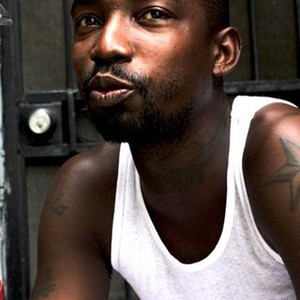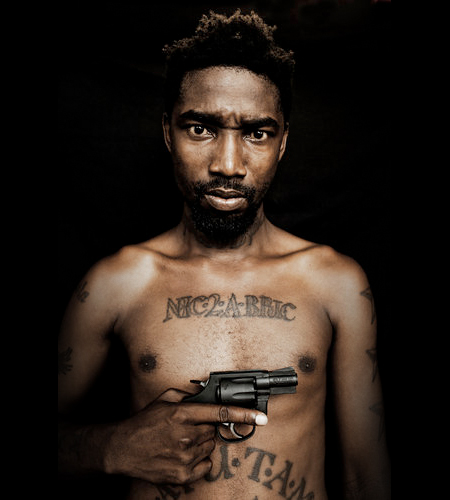

Instead, she’s built a whole community through her book club that constantly reads about Black life, struggles and Black advancement.

She doesn’t make music as much anymore, though. Her music is mostly centered around the Black experience in America - particularly that of Black women - and how she grew up in Chicago. She first jumped on the scene for most people when she appeared on Chance The Rapper’s Acid Rap mixtape. Most people on the internet seem to think he’s talking about Chicago rapper, poet and freedom fighter Noname. And he felt that one of her Tweets was an affront on him.Īnd this is where the controversy starts. He says she’s done all the reading and done all the work to validate her arguments and critiques, but also lashes out at people occasionally. Immediately after that line, he transitions into his critique of an unnamed Black woman who he says is “way smarter” than he is and is angry at all the systems the country is built on and constantly rants on Twitter about it. He starts off by saying people think he’s “deep, intelligent” and are “fooled by my college degree.” Where does the critique come in? One that serves as both a confession and then a critique - of someone else and, eventually, himself at the end. He expresses some deep insecurities in this one that we don’t normally hear. The song’s news peg is the current discussion about racial injustice and police brutality across the country. Instead of folks coming back with the usual “wow, this is fire” reaction they’d had to to his other songs, this time fans chastised him for the song’s content. The results probably weren’t what Cole expected, though. That happened again on Tuesday night when Cole dropped a new song for the first time in about a year called “Snow on tha Bluff.” It felt like everyone took a four minute pause to go listen to the song. When he drops anything - be it a song, or an album, or even something as simple as a tweet - people listen, read and watch. The director, Damon Russell, initially coy about what was real and what was scripted, now emphasizes that “Snow on the Bluff” isn’t a record of actual events, that it’s just another lo-fi indie film, like “The Blair Witch Project.” Nothing to see here, officer.J Cole is considered by many to be one of the best rappers of his generation. Because the footage is so raw, they say, the Atlanta police sought it as evidence in some criminal investigations. The makers of “Snow on tha Bluff” flip that reasoning. Often makers of feature films using a documentary’s tools - hand-held cameras, jumpy cuts, ambient lighting, fragmented narrative - say they do so to approximate reality.

No one seems to have a steady job, and there’s no shaking the sense of wasted souls in a forsaken sector of society.
Watch snow on tha bluff 2 crack#
This riveting account of thug life - the unglamorous, impoverished variety - is punctuated by constant profanity and undecipherable slang, occasional violence, steady drinking and weed or crack smoking. “They say drugs kill you,” he says to the camera, before disagreeing: “They help you out. We also learn about Snow’s business: selling drugs that are largely supplied, it seems, by ripping off other dealers at gunpoint during late-night raids. So we tour the Bluff while he introduces his crew, his baby mama and two toddlers, his grandmother, the street corner where his brother was fatally shot. The dealer, Curtis Snow, steals one other thing too: the idea of filming everything he does. A dealer approaches the car, smoothly talks his way in, directs them to a secluded street, then, pulling out a handgun, robs them of their money and - why not? - the camera. From the start of “Snow on tha Bluff,” which runs without any introductory credits, this jolt of a film drops into a you-are-there crime scene: Three college students - one manning a video camera - drive into the Bluff, a run-down neighborhood in West Atlanta (actually, run-down is being kind), looking to buy drugs.


 0 kommentar(er)
0 kommentar(er)
